Thinking of buying a puppy from a breeder? Well, let’s talk about the ugly truth behind that cute new puppy photo.
1. Overcrowded Puppy Farms
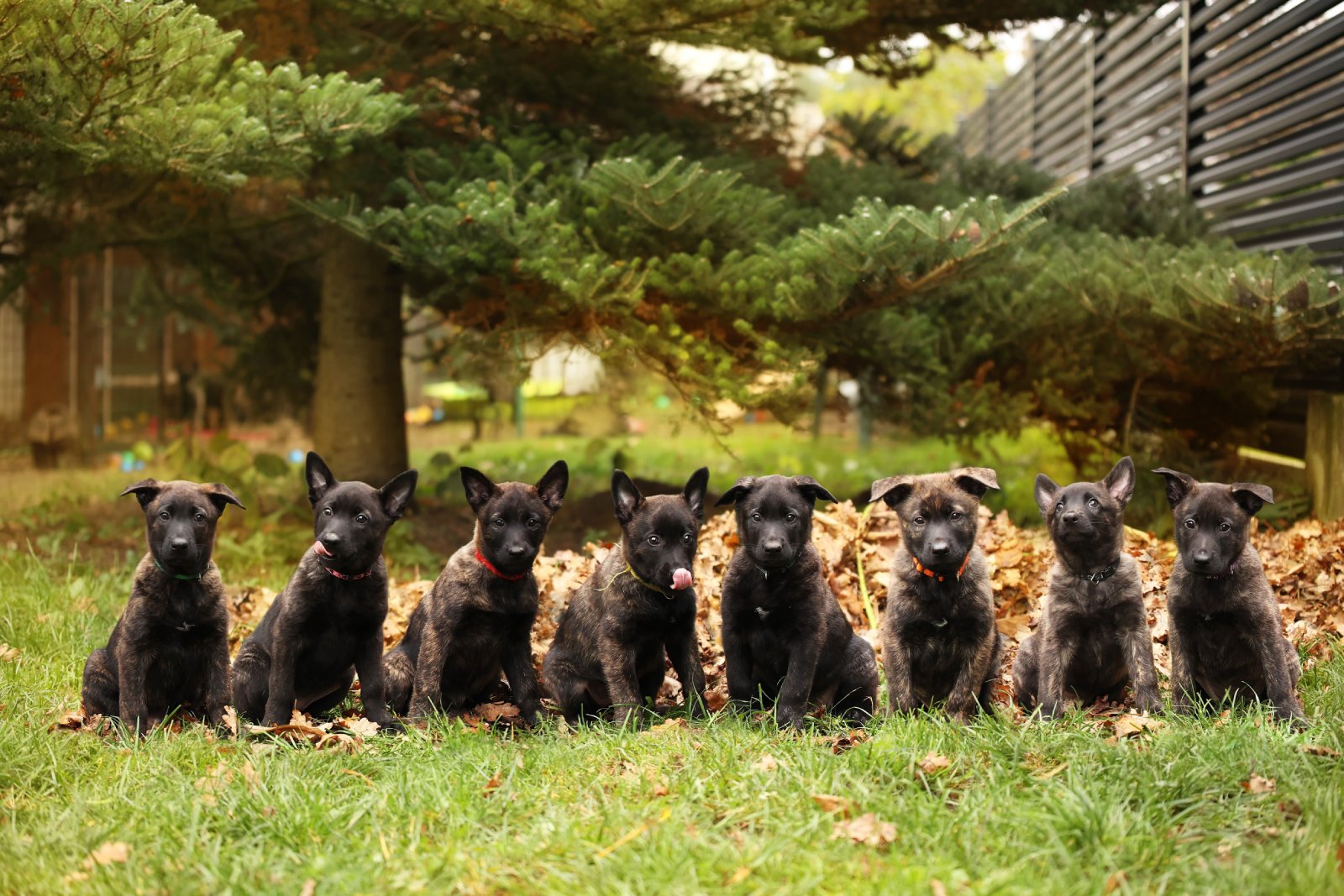
Yes, they exist, and they’re as bleak as they sound. Many dogs are kept in cramped conditions, breeding relentlessly. It’s not about love for animals; it’s about cash.
2. The Cavalier King Charles Spaniel: A Case Study

Take the Cavalier King Charles Spaniel, plagued by genetic disorders like painful syringomyelia. Breeding for those “cute” features? It’s causing them agony.
3. French Bulldogs and Their Breathing

Ever heard a French Bulldog struggle to breathe? That’s because they’ve been bred to have unnaturally flat faces—a life of suffering for the sake of a certain “look.”
4. Illegal Breeding: A Shadow Industry
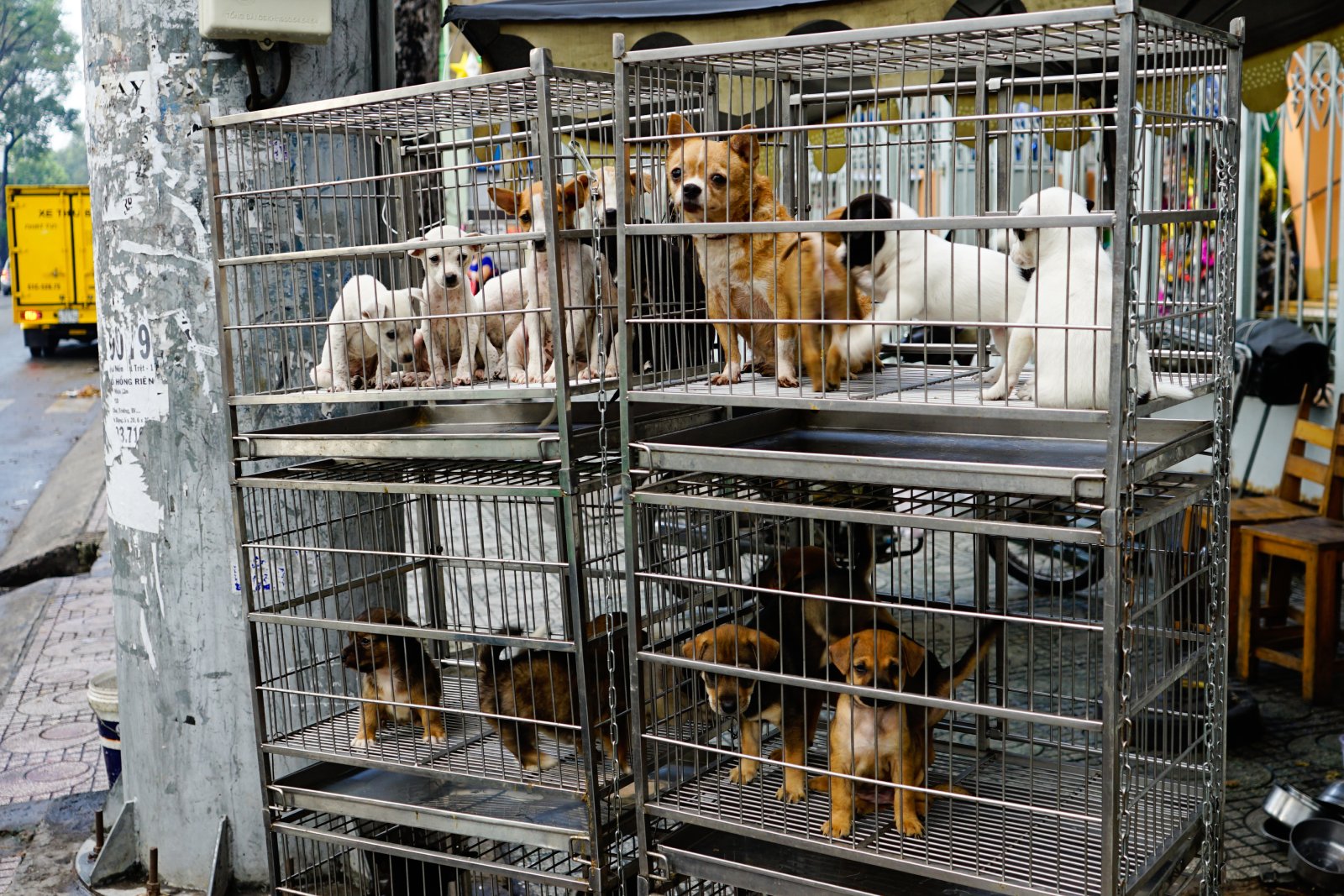
The UK has strict laws, but many breeders operate in the shadows, skirting welfare standards. These illegal operations are often untouched by regulations.
5. Irresponsible Breeding Practices
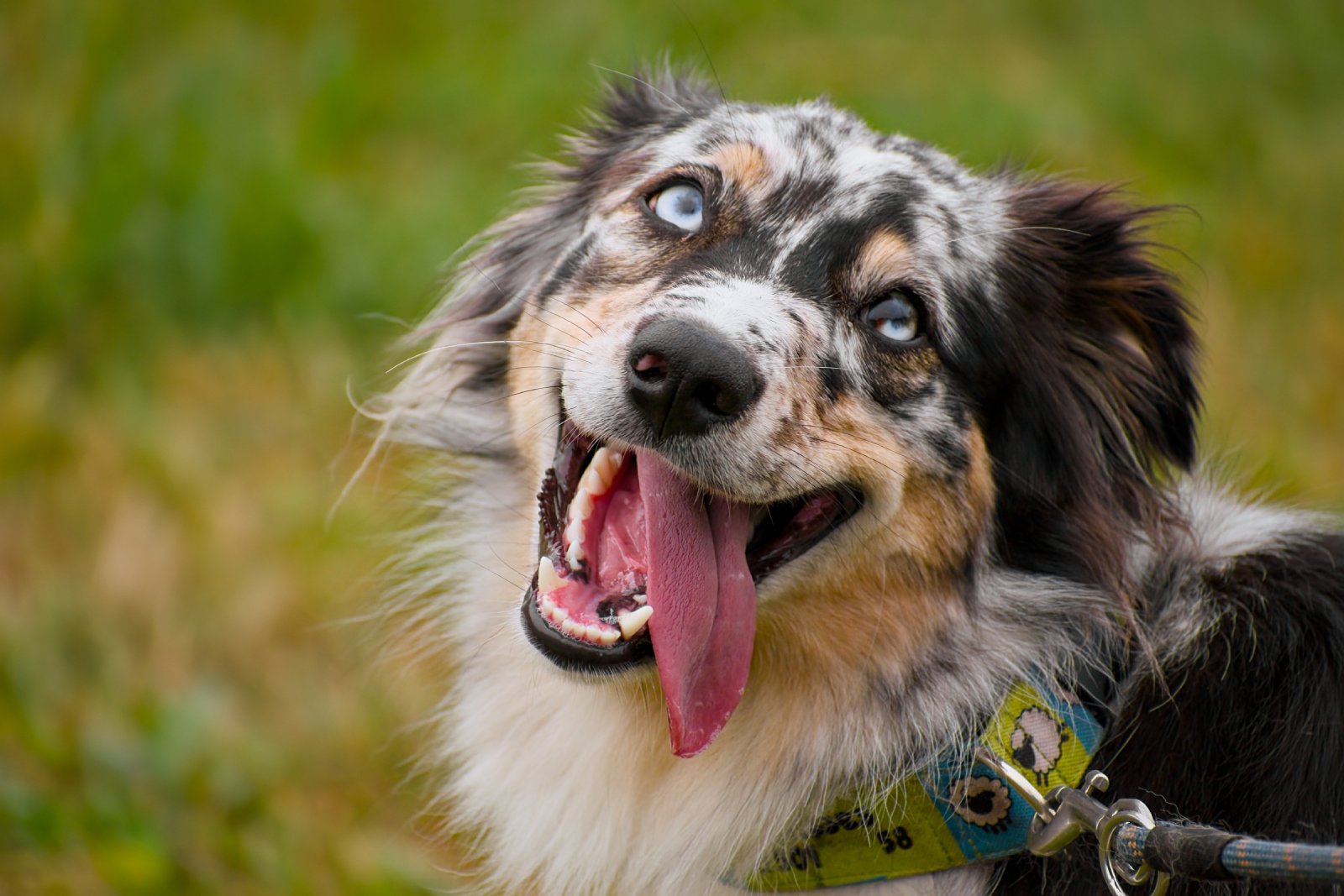
It’s not just illegal breeders; even registered breeders can prioritize profit over health, leading to overbreeding and a lack of genetic diversity.
6. Genetic Nightmares

Breeding for specific traits can lead to severe health problems. Bulldogs and Pugs often suffer because what’s “cute” to humans translates to lifelong health issues for them.
7. The Allure of Rare Breeds
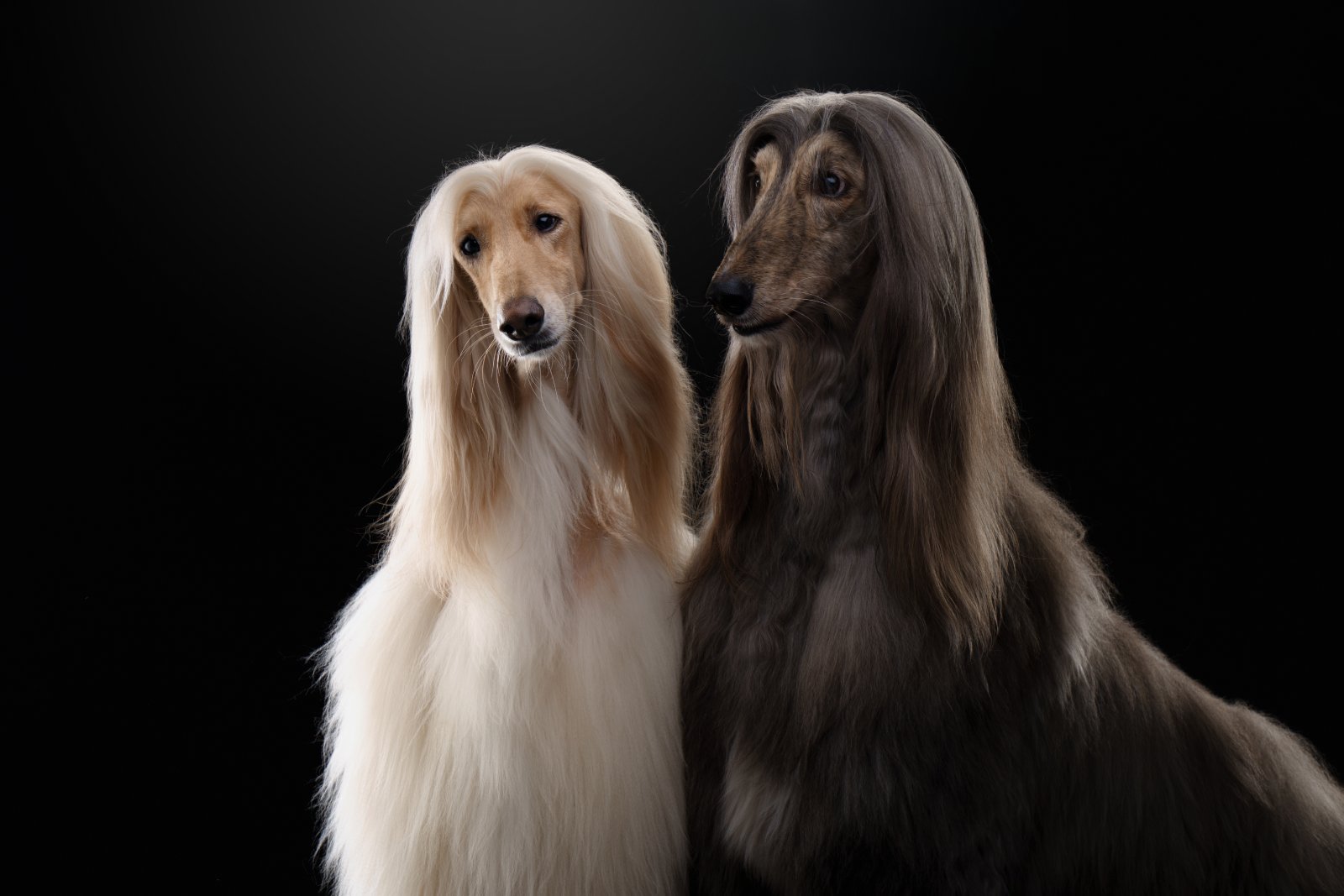
Chasing after rare breeds or colours? You’re directly contributing to breeding practices that sacrifice animal well-being for novelty.
8. Skyrocketing Vet Bills
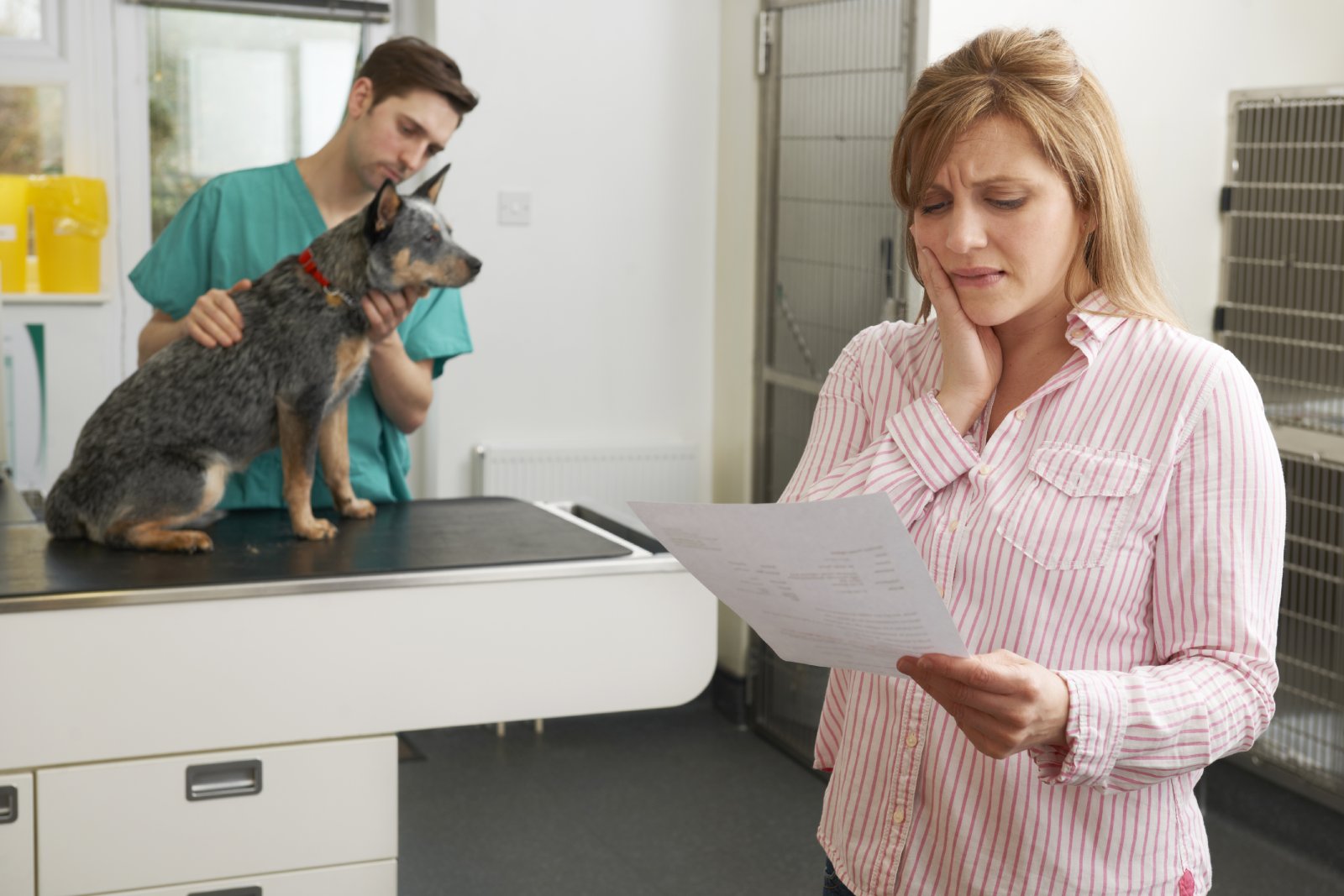
Think about the vet bills for these genetically compromised pets. Not only is it a financial burden, but it’s also a moral one. Is breeding worth this cost?
9. Rescue Dogs Overlooked
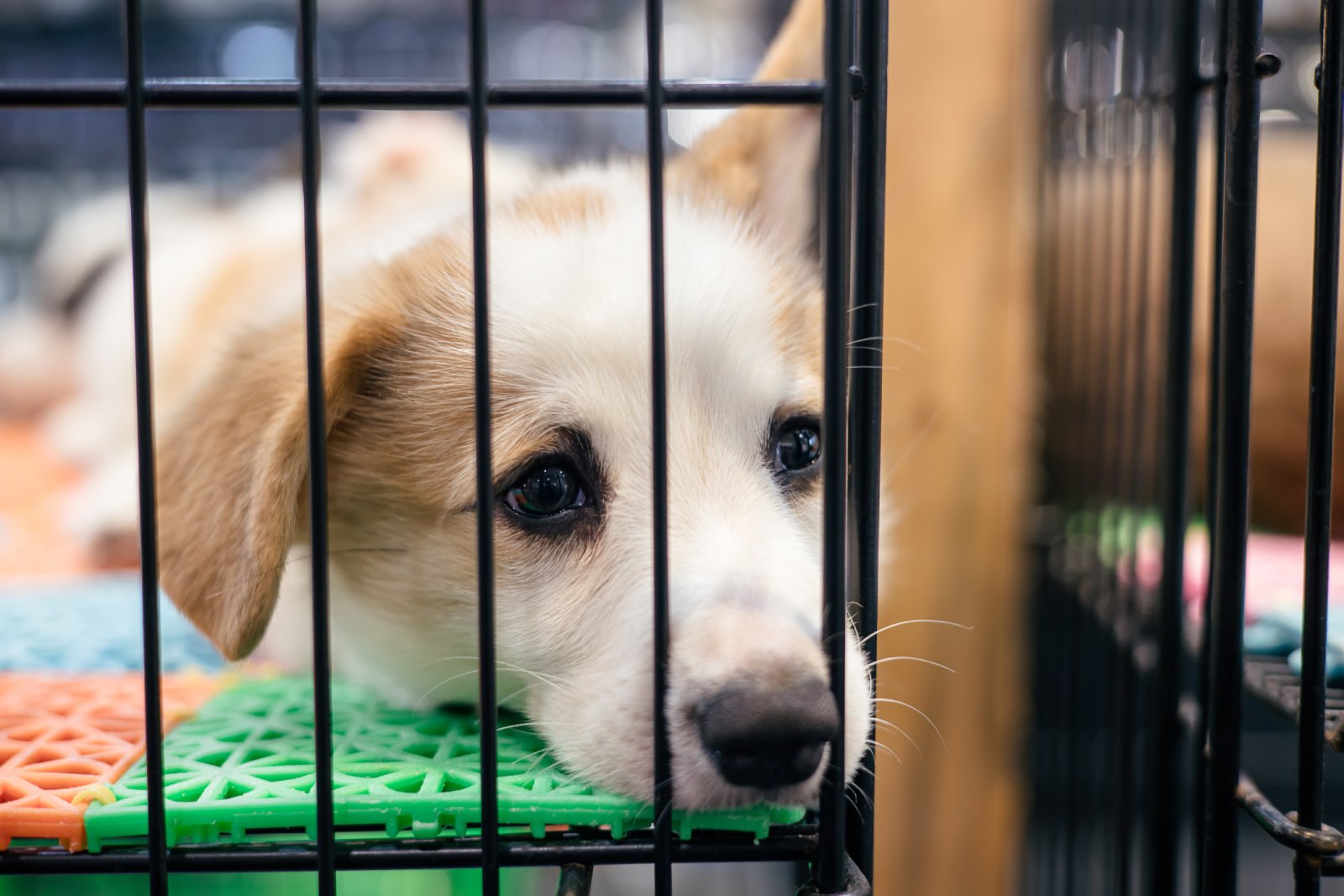
Every time someone buys a bred puppy, a rescue dog loses a chance at a home. Why aren’t more people rescuing? It’s a shame, considering how many need a loving home.
10. Contributing to the Puppy Trade

When you buy a puppy, you might unwittingly be supporting a cruel puppy trade. Know where your money goes—it might be fueling cruelty.
11. Lack of Breeder Accountability
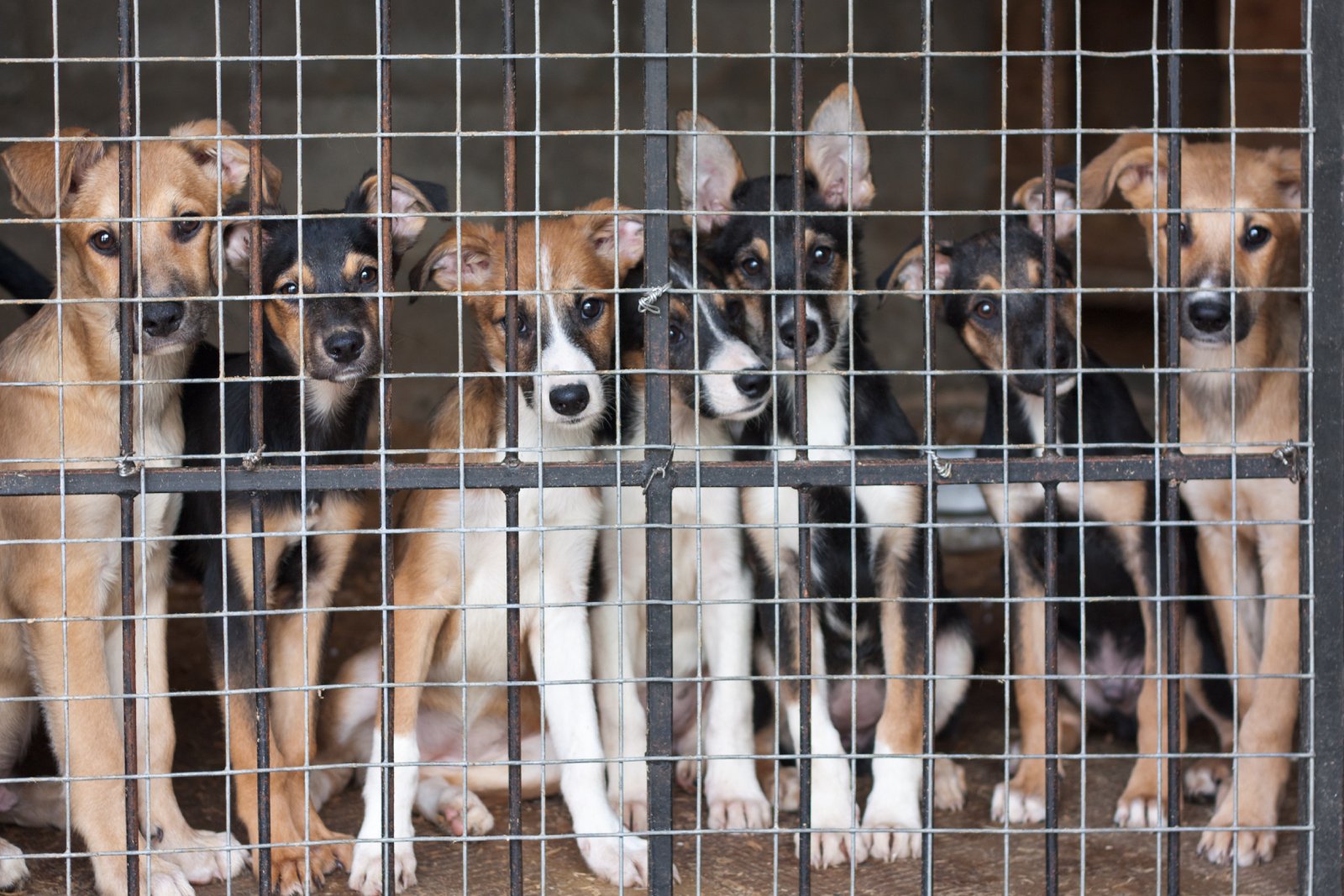
Many breeders aren’t held accountable for the welfare of their animals. The regulations are there, but enforcement is often lacking. Why is this allowed?
12. The Designer Pet Craze
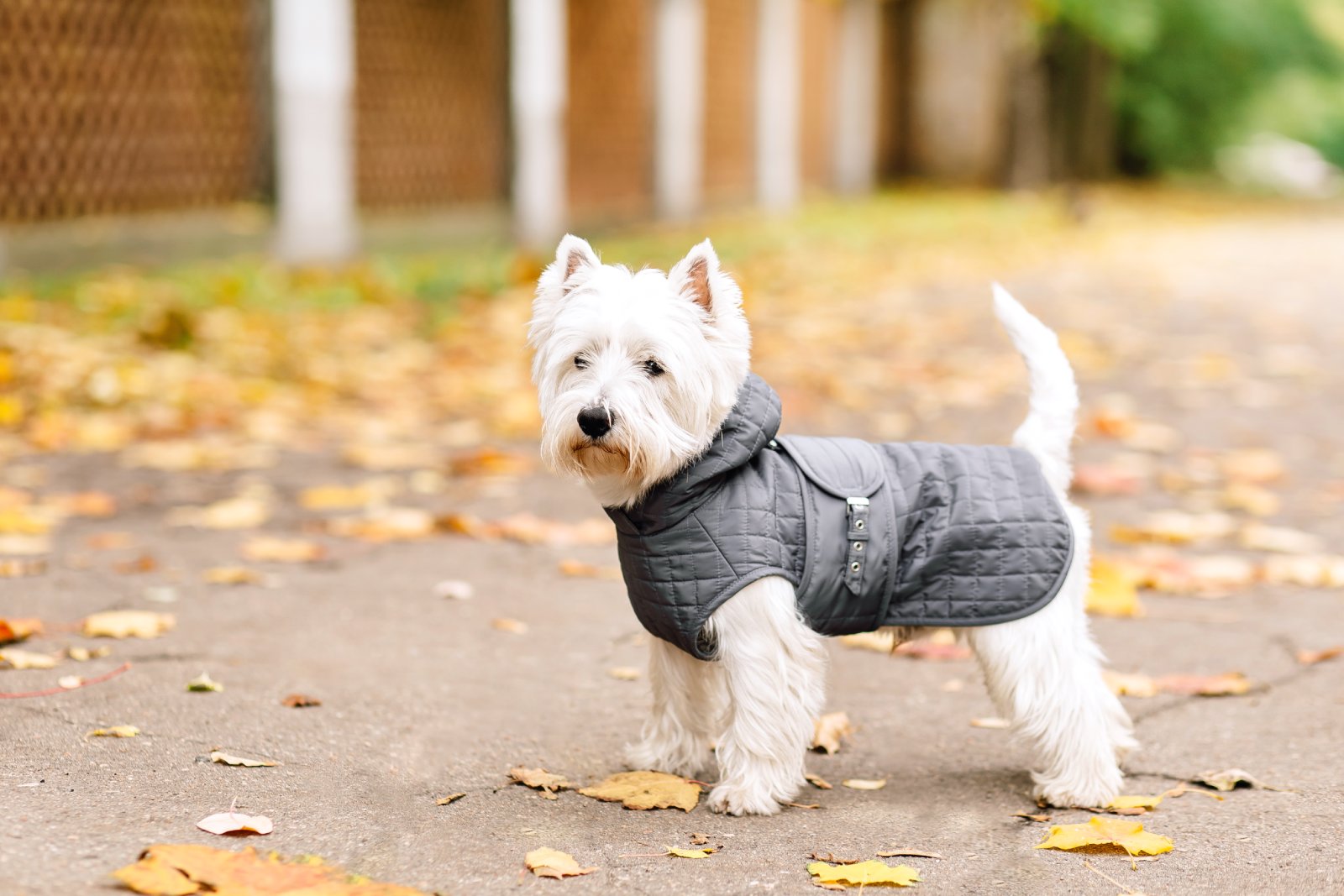
Obsessed with having a designer pet? This craze fuels unethical breeding practices focused on aesthetics over health.
13. Misleading Pedigree Papers
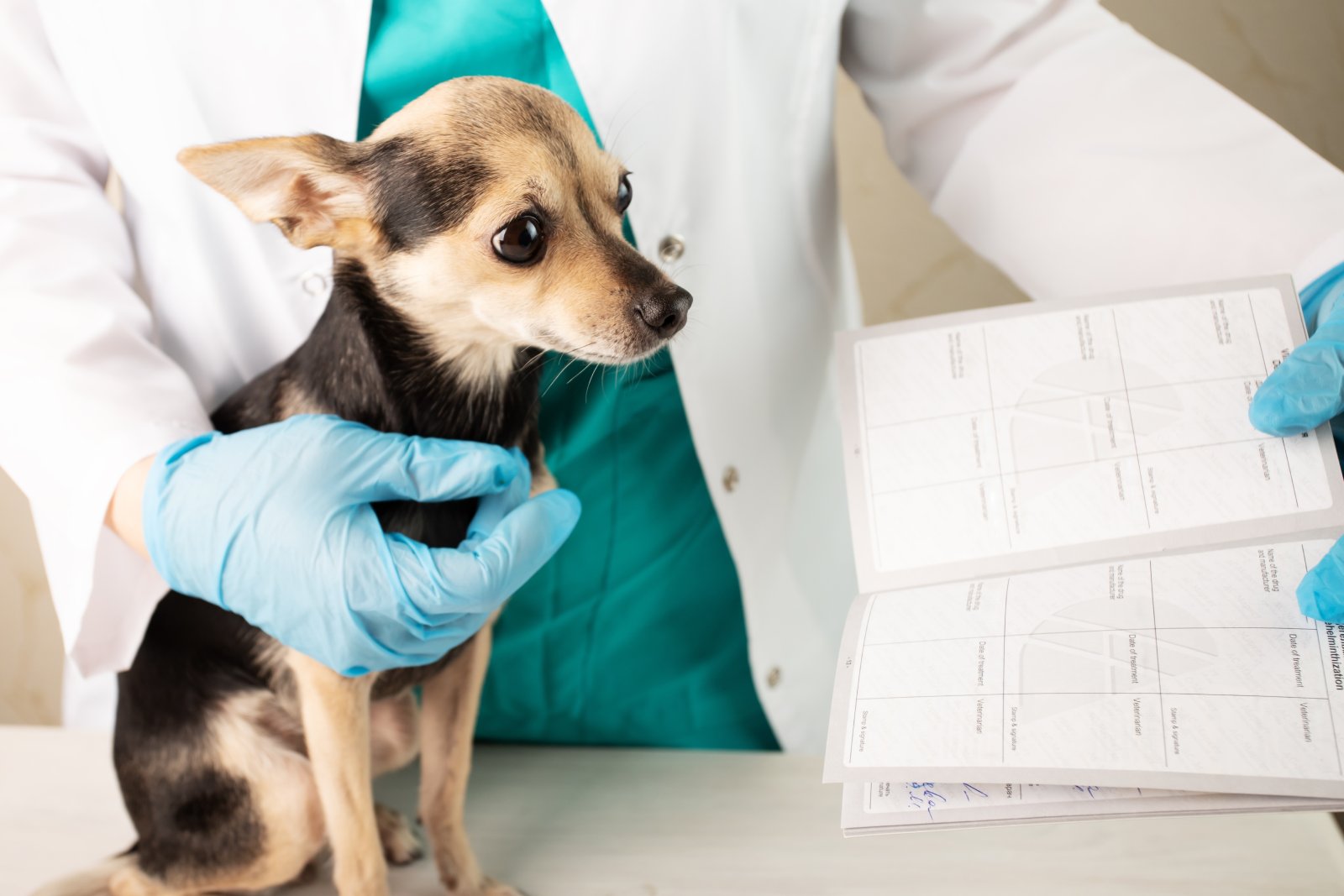
Pedigree papers can be falsified. Just because a puppy comes with papers doesn’t mean it was bred ethically or healthily.
14. The Breeding of Aggression

Breeding animals for aggression is another dark aspect. Certain traits are amplified for guard dogs or fighting dogs, leading to a miserable life.
15. The Impact on Shelter Numbers
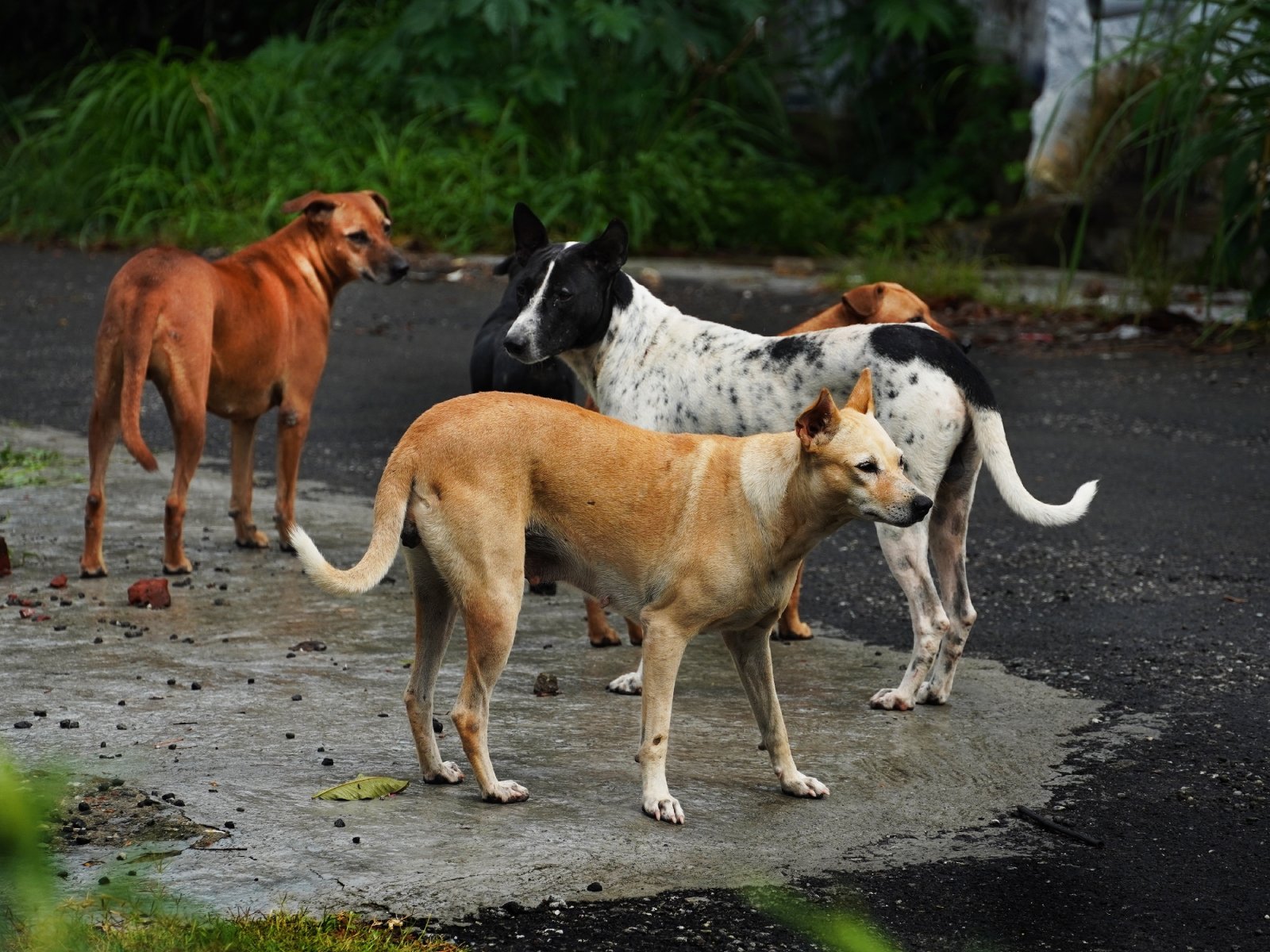
Breeding contributes to the high numbers in shelters. More breed-specific dogs end up abandoned as the realities of care and health issues become apparent.
16. Consumer Ignorance

Let’s face it, many buyers are ill-informed, swayed by cute looks and ignoring the grim realities. It’s on you to educate yourself and make ethical choices.
17. What’s Really in Your Pet’s Genes?

You rarely know the full genetic history when you buy from a breeder. Hidden health bombs are common, and you’re left dealing with the fallout.
Think Before You Buy

Seriously, think about it. Buying that puppy might be supporting a lot of bad stuff. Why not rescue a dog instead? It’s about saving a life and stopping this cruel industry. Isn’t it time we all did better?
The post The Dark Side of Dog Breeding: How to Make Ethical Choices first appeared on PawShore.
Featured Image Credit: Shutterstock / Uzo Borewicz.
For transparency, this content was partly developed with AI assistance and carefully curated by an experienced editor to be informative and ensure accuracy.

